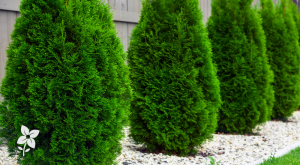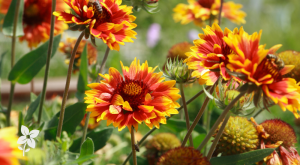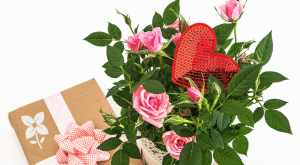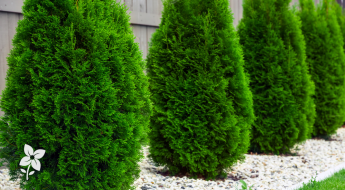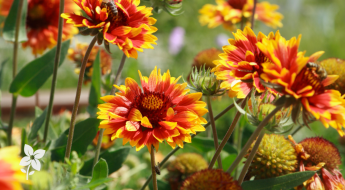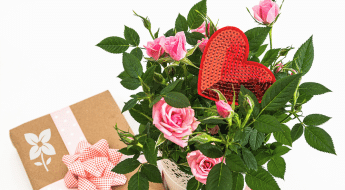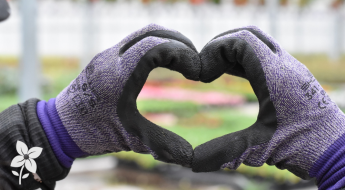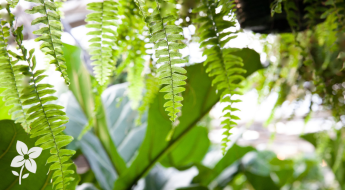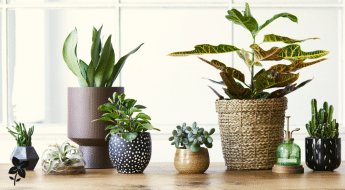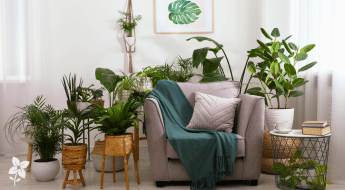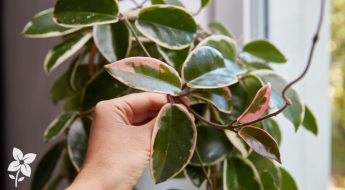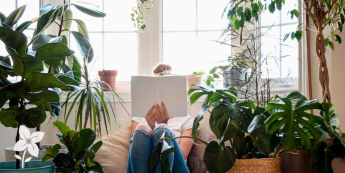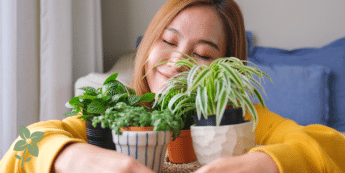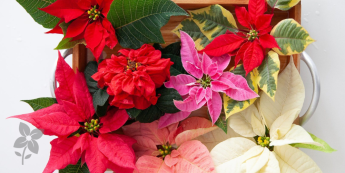Top Organic Gardening Tips for Alberta’s Climate: Save Water, Reduce Waste, Grow Green
If you’ve never heard of organic gardening before, it’s simply a way of working with nature—not against it—to grow healthy plants, build rich soil, and reduce harm to the environment. For Alberta gardeners, who face short growing seasons, dry spells, and harsh winters, going green isn’t just good for the planet—it’s practical. A sustainable garden saves time, water, and money while giving back to your local ecosystem.
This guide is packed with organic gardening tips tailored to Alberta’s unique climate. From choosing native plants to composting scraps and conserving water, these easy-to-implement strategies will help you build a thriving, low-impact garden that’s bursting with life.
🌱 Pick Native & Drought-Tolerant Plants
In a province where the weather can shift from snowstorms to sunshine in a day, native and drought-tolerant plants are your best allies. These plants are naturally adapted to Alberta’s climate, meaning they need less water, less fuss, and bounce back from late frosts and summer heat like pros.
Why go with native plants?
- Less watering needed
- Better resistance to pests and diseases
- Supports local pollinators and wildlife
Top Alberta-Friendly Choices:
- Prairie Smoke (Geum triflorum): Whimsical seed heads, pollinator magnet.
- Blue Flax (Linum lewisii): Delicate blue blooms, thrives in poor soil.
- Wild Bergamot (Monarda fistulosa): Lavender-pink flowers that attract bees and butterflies.
- Yarrow (Achillea millefolium): Drought-tolerant, ferny foliage, and great for cut flowers.
- Gaillardia (Blanket Flower): Long bloom time, deer-resistant, and heat-loving.
Quick Tip: Check with local nurseries, native plant groups, or the Edmonton Native Plant Society for seedlings or seeds suited to your region.
💧 Master Mulch, Rain Barrels & Drip Irrigation
Water is precious, and in Alberta, conserving every drop makes sense for both the environment and your water bill. These three water-wise strategies are your toolkit for smarter moisture management.
- Mulch: Your Moisture-Locking MVP
You’ll be amazed at how mulch locks in moisture, suppresses weeds, and regulates soil temperature. Use natural materials like bark chips, straw, or shredded leaves. Apply a 2–4″ layer around your plants, keeping a small gap around stems to prevent rot. - Rain Barrels: Free Water, Less Runoff
Rain barrels are simple to set up and can save hundreds of litres of water each season. Attach a diverter to your downspout and place a mesh-covered barrel underneath to catch rainwater. Make sure it has a spigot near the base for easy access. - Drip Irrigation: Slow, Steady, Efficient
A drip system delivers water directly to plant roots, reducing evaporation and preventing overwatering. Kits for raised beds and containers are widely available at garden centres and easy to install. Pair with a timer for even more efficiency.
♻️ Turn Kitchen Scraps into Garden Gold
Composting is the heart of sustainable gardening Edmonton residents can embrace year-round. Not only does it keep food waste out of landfills, but it also transforms your scraps into rich, nutrient-packed soil for your garden.
Compost Methods Made Easy:
- Compost Bin: Great for small yards. Keeps things neat and discourages critters.
- Compost Pile: Low-tech and scalable. Just layer browns (leaves, straw) and greens (veggie scraps).
- Compost Tumbler: Faster breakdown with regular turning. Ideal for small, urban spaces.
Reducing garden waste through composting and smart reuse of leaves, clippings, and trimmings helps close the loop in your garden’s ecosystem, turning what might be discarded into valuable nutrients for future growth.

Composting in Alberta’s Cooler Climate:
- Do: Add kitchen scraps (fruit and veg peels, coffee grounds), dry leaves, grass clippings.
- Don’t: Add meat, dairy, oils, or pet waste.
- Pro Tip: Add a handful of local leaves to balance moisture and speed up decomposition. In winter, continue collecting scraps in a sealed bin outdoors or a freezer container and add them to your pile in spring.
🐞 Protect Your Plants the Eco-Friendly Way
Keeping pests at bay doesn’t mean resorting to chemicals. Eco-friendly pest control is all about prevention, balance, and natural defenses. It’s effective, inexpensive, and safe for pollinators, pets, and people.
Companion Planting:
Did you know marigolds repel aphids? Basil deters mosquitoes, and nasturtiums act as a trap crop for flea beetles. Interplanting your veggies and herbs with the right companions helps ward off pests and boost growth.
Natural Remedies to Try:
- Garlic Spray: Blend garlic with water and a bit of dish soap—great for aphids and mites.
- Neem Oil: Effective against many pests, safe for beneficial insects when used properly.
- Insecticidal Soap: A must-have for soft-bodied insects like spider mites and whiteflies.
Encourage Beneficial Insects:
Ladybugs, lacewings, hoverflies, and parasitic wasps are your garden’s security team. Attract them by planting dill, fennel, yarrow, and alyssum, and avoid broad-spectrum pesticides that harm friend and foe alike.
🐝 Create a Pollinator-Friendly Haven
Supporting biodiversity is one of the most rewarding aspects of eco-friendly gardening Edmonton residents can adopt. The more pollinators you invite, the healthier your garden will be—and the more beautiful it becomes.
Plant for Pollinators:
- Wildflower Mixes: Choose Alberta-native blends that bloom throughout the season.
- Flowering Shrubs: Saskatoon berries, red osier dogwood, and wild rose are all pollinator favourites.
- Perennials: Echinacea, black-eyed Susan, and bee balm feed butterflies and bees.
Habitat Tips:
- Add shallow dishes of water with pebbles for insects to land on.
- Leave a small brush pile or log stack in a corner of your garden for shelter.
- Install bee houses or let part of your yard grow a little wild.
Try dedicating one corner of your garden to wildflowers and see who shows up. You’ll be amazed at how much life you can invite in with just a few square feet.
Sustainable gardening isn’t about perfection—it’s about progress. Whether you start with a rain barrel, swap a thirsty plant for a native one, or begin composting your veggie scraps, each action makes a difference. Let’s recap:
- Choose native, drought-tolerant plants
- Conserve water with mulch, barrels, and drip systems
- Compost your kitchen waste
- Use natural pest control
- Support pollinators and local wildlife
Organic gardening in Alberta is both a responsibility and a joy. You don’t need to overhaul your entire yard overnight—just pick one new eco-habit this week and start from there.
For more organic gardening tips and sustainable inspiration all year round, subscribe to our newsletter.




